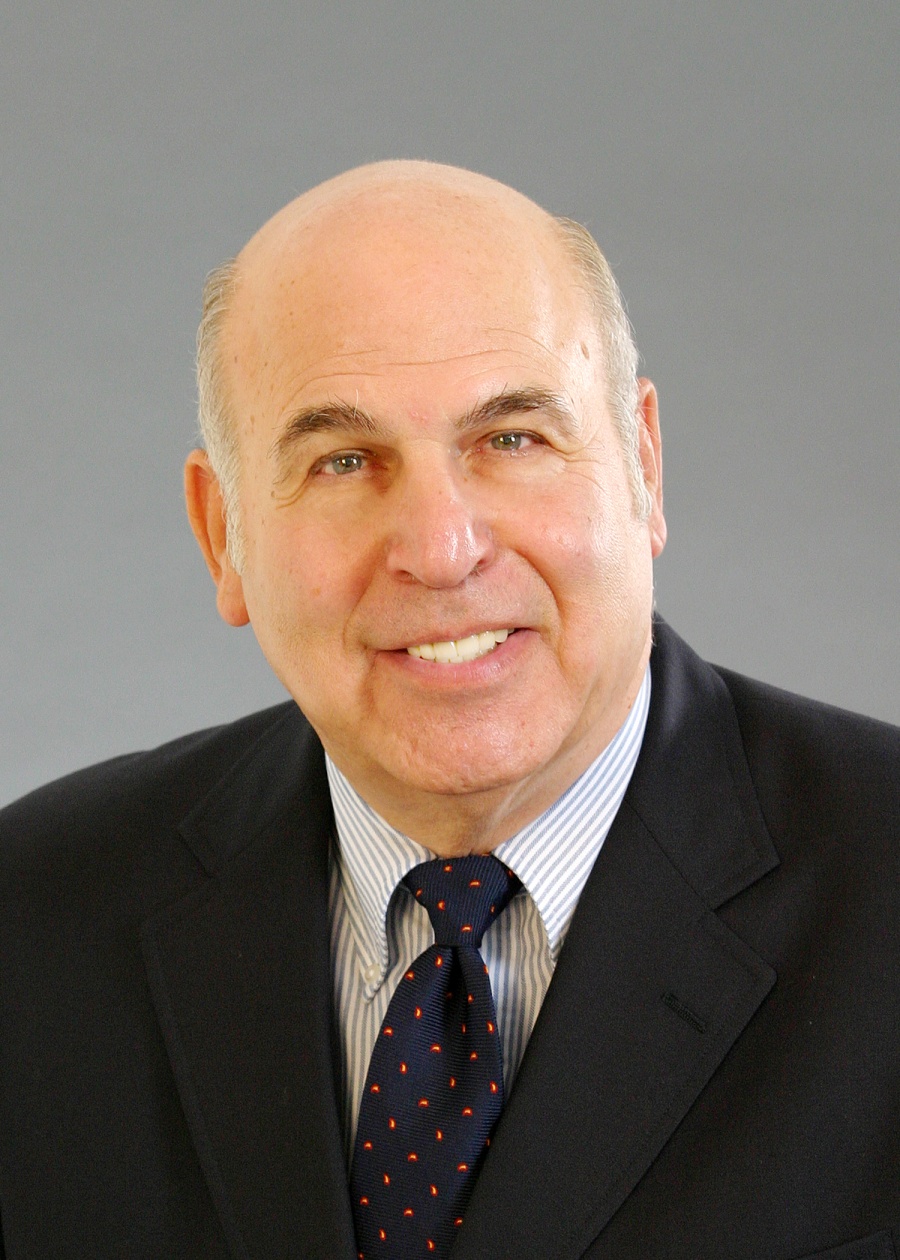According to Franchise Times, for the average franchise system at least 1 out of every 3 locations is outside the United States (36.3% of its total units).
The rate of international franchise expansion has increased steadily for over a decade and may be a sign of market saturation. The U.S. is the largest franchise market in the world, while franchise markets in numerous other countries are still developing.
Expanding into emerging markets provides U.S. franchisors a prime opportunity to stave off earnings volatility.
Consider the case of KFC. The chicken fast food franchise has been enduring a rough patch at home, but flourishing elsewhere. In fact, more than 75% of KFC’s franchises are located outside the US.
While the criteria for international expansion varies by franchisor, there are some common tenets any domestic franchisor should heed before moving forward.
What should franchises do to prepare when going from operating in solely the U.S. to operating in any other country as well (and vice versa)?

“The franchisor will need to consider, at a minimum, which marks should be considered for searching and filing; in which countries the searches will be conducted and the applications filed; and the classes in which the applications for each mark will be filed,” says International franchising expert Philip Zeidman of global law firm DLA Piper.
“Because this can quickly become expensive, it is essential that franchisors prioritize (what markets are most important? Most expensive? Most vulnerable to trademark piracy?). It must be emphasized that that this is work for an experienced trademark lawyer (and, unless you use a law firm with offices around the world, another firm in the target market). But there is no task which should take precedence over protecting your marks.”
Zeidman suggests these 8 tips for making the jump of national to international franchise operation a success:
1. Make sure your house is in order at home.
2. Don’t begin to expand until you are satisfied that it will not drain away so much of your resources that you cannot continue on a clear growth pattern in your home market.
3. Be sure you know what the market is for your products and services, and whether there is a demand for them in markets other than your own.
4. Identify those markets which are most likely to be receptive, and begin there.
5. Have as clear a business plan as possible, rather than simply responding haphazardly to expressions of interest.
6. Make sure you have adequate capability to undertake this quite different set of responsibilities than those to which you have been accustomed.
7. Give a lot of thought to how you will structure your arrangement, which may not necessarily be the same as you have been accustomed to doing.
8. Finally, and most importantly, do your homework. Then go back and do it again.
But where should franchisors be considering expanding to? What are some countries that are receptive to U.S. franchises that may not be people's radar like the UK, France, and the BRIC countries have been?
“That’s a risky speculation, and can change rapidly,” Zeidman notes. “The guide which most U.S. companies use is projected rate of growth. But for a country to be appealing to franchisors one must also look for such earmarks as a growing middle class, increasing receptivity to western goods and services, transparency and minimal corruption.
“Take a look at some countries which have been relatively under the radar. In our own region, Chile, Colombia, and Peru. In Asia, Thailand, the Philippines, and Indonesia despite some degree of struggling to loosen the constraining regulations; and, of course, much of the Middle East. But I emphasize that much of this could change.”
How about the laws? There has been some talk about harmonizing U.S. and European franchise laws (possibly allowing the United States’ Franchise Disclosure Document/Franchise Agreement to be used overseas). Does Zeidman think this will happen eventually, and what would be the steps in making it a reality?
“Regrettably, I see no realistic possibility of this happening in the foreseeable future, if ever,” he says. “The history of efforts to create “uniform” multinational franchise laws has been a bleak one. The most concerted effort was by The International Institute for the Unification of Private Law (UNIDROIT), which has been largely ignored, and other initiatives have been no more successful.
“National prides remain strong, and, while it is widely acknowledged that the U.S. laws were the foundation of most other countries’ laws, there is certainly no evidence of those countries embracing the U.S. format. But, because there are strong similarities among a number of laws. An informed franchise attorney can guide a franchisor to avoid having to reinvent the wheel in every country.”














